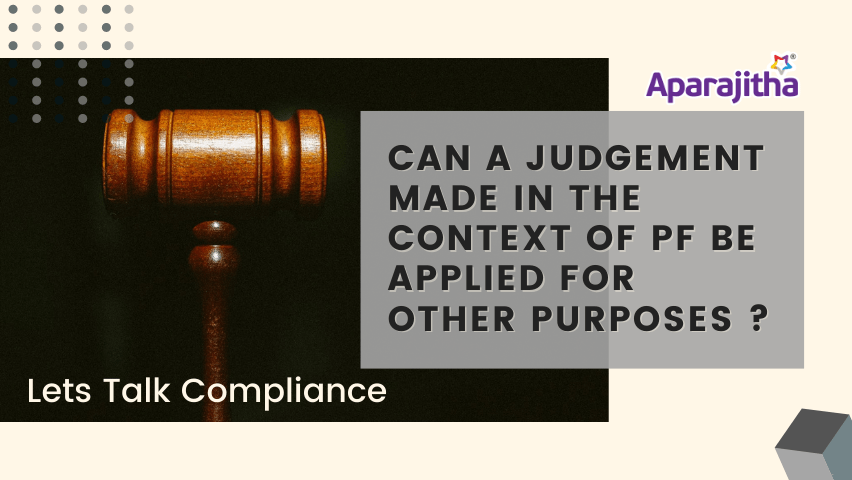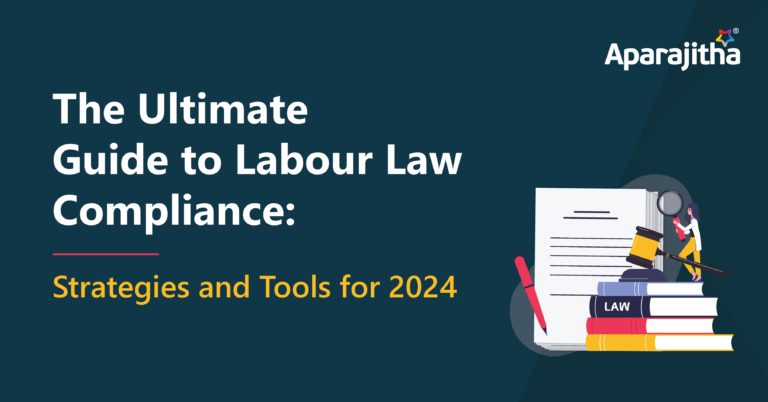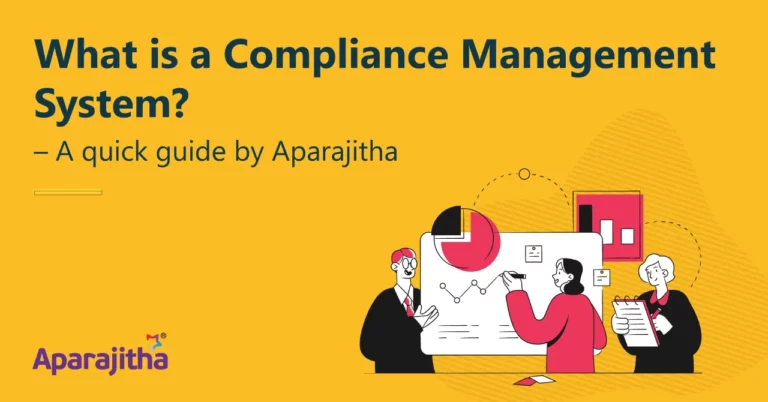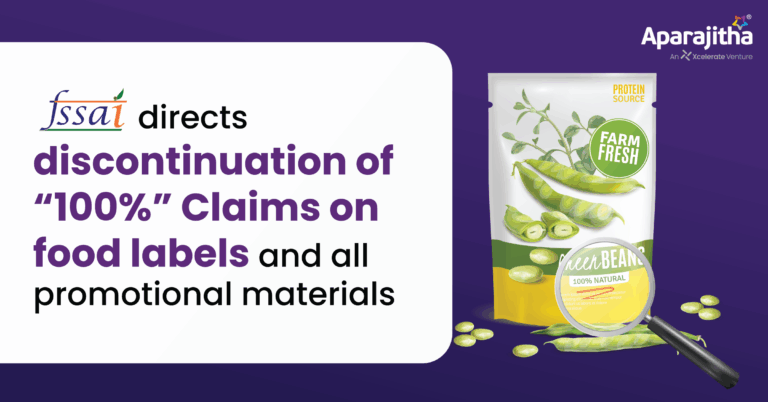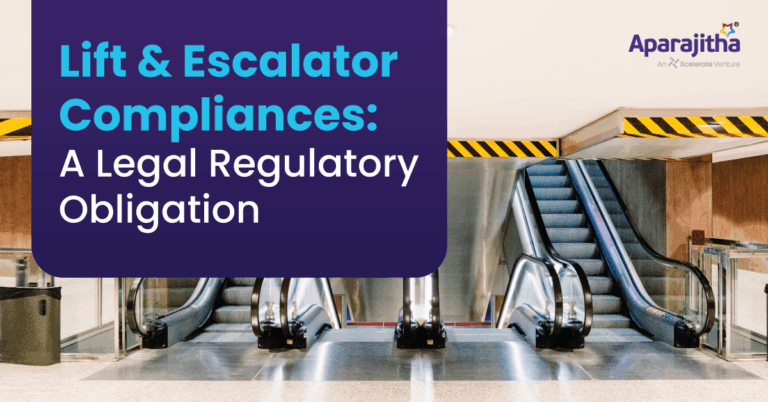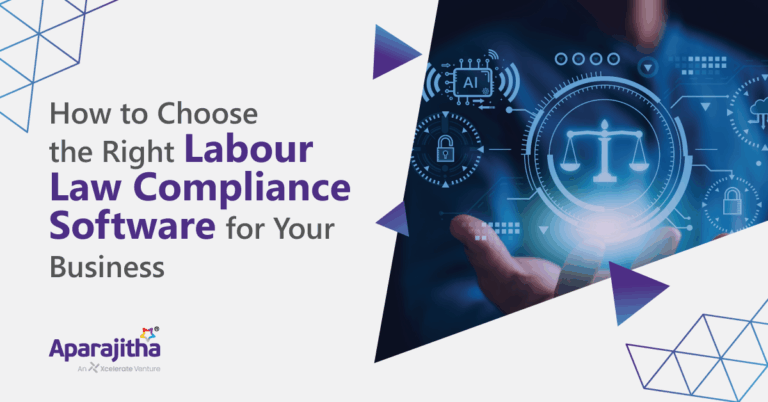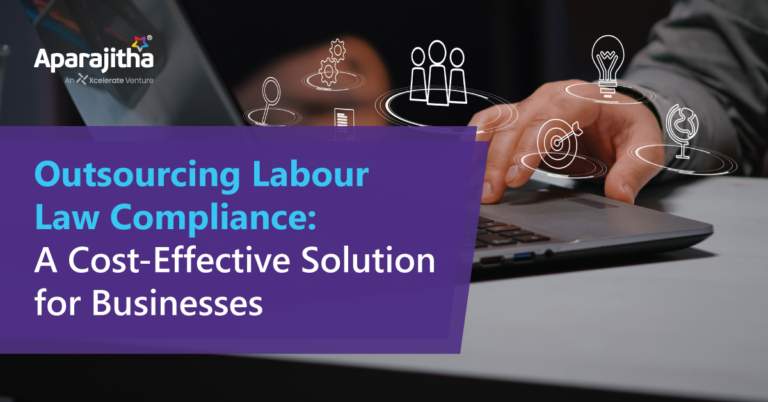The judgement pronounced by the Hon’ble Supreme Court on 28/2/2019 holding certain allowances to be wages ( basic, to be precise ) in the context of PF created a big buzz last year and some of the companies were forced to review their salary structure in the wake of the judgement. The ripples created don’t seem to be over yet. The enforcement authorities appear to have started applying the principle followed in the judgement for the purposes of other legislations too, say, Payment of Gratuity or Bonus Act, etc.
What did the court say in the judgement?
The Apex Court in its judgement dated 28/2/2019 ( 2019 LLR 339 ) has upheld the judgements of the High Courts of Madhya Pradesh and Madras. An appeal by EPFO against the judgement of Calcutta High Court has been accepted by the Supreme Court holding that the special allowance will also form part of wages for PF contributions. The Court was considering multiple appeals jointly. Though it has not come up with any new principle, it has categorically reinforced the already existing legal position on ‘basic wages’ and the nature of other payments which would qualify for exemption. Reliance is placed mainly on the definition for the term ‘basic wages’ under Sec 2(b), Sec 6 and other prominent rulings, more specifically the principles laid down in the Bridge & Roof case.
The issue was whether the special allowances paid by an establishment to its employees would fall within the expression “basic wages” under Section 2(b)(ii) read with Section 6 of the Act for computation of deduction towards Employees’ Provident Fund.
Referring to the provisions of the Act, the bench said that the test adopted to determine if any payment was to be excluded from basic wage is that the payment under the scheme must have a direct access and linkage to the payment of such special allowance as not being common to all. The crucial test is one of universality.
The court, referring to Muir Mills Co. Ltd., Kanpur Vs. Its Workmen, also observed that any variable earning which may vary from individual to individual according to their efficiency and diligence will stand excluded from the term “basic wages”.
The following principles laid down in Bridge & Roof case and subsequently followed in Manipal Academy case were too referred by the court :
Where the wage is universally, necessarily and ordinarily paid to all across the board such emoluments are wages;
Where the payment is available to be specially paid to those who avail of the opportunity is not wages. For ex., Overtime payment. The concept is generally available in all concerns. But the payment will only be made to only those who work overtime and not to all universally;
Conversely, any payment by way of a special incentive or work is not basic wages.
The court has also referred to Kichha Sugar Company Limited through General Manager Vs Tarai Chini Mill Majdoor Union, Uttarakhand, (2014) 4 SCC 37 which discusses about the dictionary meaning of the word ‘basic wage’.
Reference is also made to Daily Partap Vs The RPFC, Punjab, Haryana, Himachal Pradesh and UT of Chandigarh (1998) 8 SCC 90 since the Act is a piece of social welfare legislation.
In the end, the court did not allow the appeals by the Managements, for, the Managements concerned failed to produce any material to show that the allowances, in question, being paid to their employees are the ones which qualify for exemption ( from being considered as basic wage ). However, the appeal by the RPFC in the case of Vivekananda Mandir Vidyalaya was upheld.
In a nutshell:-
All emoluments ( with an exception of certain components which are specifically excluded in the definition ) earned by an employee, in accordance with the terms of contract, while on duty or on leave or on holidays, which is paid or payable in cash would be basic.
Mere nomenclature will not make one component ‘an allowance’. It should be so in its true sense. The Act very specifically excludes HRA, Overtime allowance, bonus, commission or any other similar allowance and the presents made by the employer. Irrespective of the nomenclature, if the nature of such payments falls under any of the following categories, the same need not be reckoned for PF contributions:
When the payment is made to one who avails of the opportunity, the same is exempted. Classic example is ‘overtime allowance’. Overtime work is generally permitted. But this may not be adopted in all the concerns. Even in the same establishment, not everyone will become eligible for this payment. But this payment will be made only to those who work extra hours. So, this loses the concept of ‘universality’. This will not be considered as ‘basic wage’. Another example is ‘night shift allowance’. Only those who work in the night shift will be entitled and so it is not ‘basic wage’.
When the payment is variable. For example, production incentive or bonus. This is an additional emolument. The scheme may be open to all. But all the employees would not necessarily earn it. The quantum would also vary based on one’s efficiency and diligence.
When the payment is made for the work beyond the standard norms will not attract contributions.
When the payment is not universally, necessarily or ordinarily paid, such a payment need not be reckoned.
The contingent payments or the payments which are compensatory in nature would not normally come under the sweep of ‘basic wage’. This should be adequately supported by relevant materials.
Whether this judgement can be applied for the purposes of other legislations?
It is only the principle invoked in the verdict which is being applied for the purposes of other legislations and therefore, there is no infirmity in that. Also, what is ‘basic’ for the EPF Act cannot be, partially or fully, treated as ‘allowance or otherwise’ for the purposes of other legislations (including Payment of Gratuity / Bonus Act ).
Another question is, whether the judgement will have prospective or retrospective effect?
The words retrospective or prospective are generally used for an amendment or a legislation whereas a judgement is invariably retrospective unless and otherwise expressly spelt out. The present appeals handled by the Apex Court pertain to the past period. Nowhere, it is stated that the judgement will have prospective effect and hence it should be understood that it will have retrospective effect.
Aparajitha is a preferred compliance partner to 1500 plus privileged customers, Pan India. We are committed to assisting our clients to be compliant in their Regulatory compliance issues, with our high quality of service, to support them to focus on their organization growth. We keep them updated with continuous changes and amendments in Compliance Regulations and Acts.
To keep yourself updated with knowledge and news related to statutory compliances, kindly subscribe to our news bulletin.
K Varadan,
Chief Consultation Officer,
Aparajitha Corporate Services Private Limited
Disclaimer: The article represents the opinions of the author and the author is solely responsible for the facts, cases, legal or otherwise reproduced in the article.

